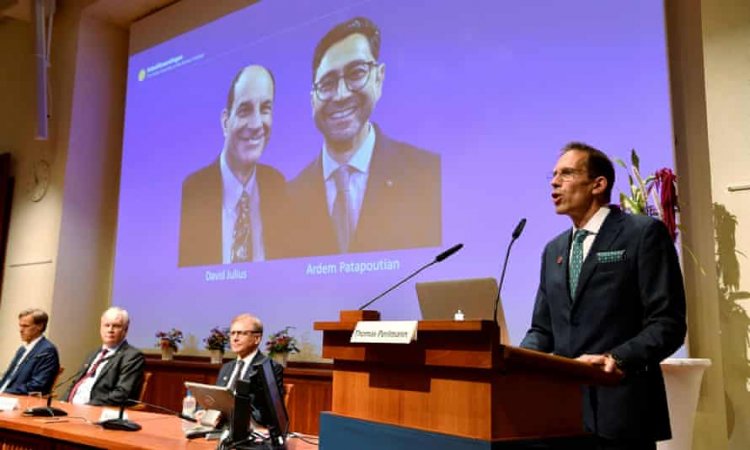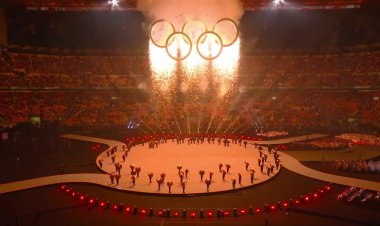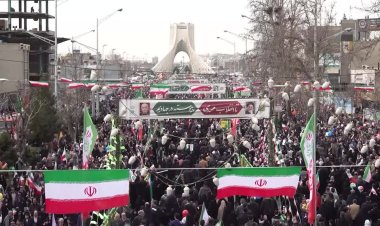Pair win Nobel for unlocking mystery of sensing temperature, touch
The US duo who won the Nobel Medicine Prize for discoveries on receptors for temperature and touch made a 'fundamental' discovery about the human senses that had 'remained a mystery', says a member of the Nobel committee.

US scientists David Julius and Ardem Patapoutian on Monday won the Nobel Medicine Prize for discoveries on receptors for temperature and touch.
The duo's research, conducted independently of each other in the late 1990s and 2000s, is being used to develop treatments for a wide range of diseases and conditions, including chronic pain.
Julius, who in 2019 won the $3-million Breakthrough Prize in life sciences, said he was stunned to receive the call from the Nobel committee early on Monday.
"One never really expects that to happen... I thought it was a prank," he told Swedish Radio.
Our ability to sense heat, cold and touch is essential for survival, the Nobel Committee explained, and underpins our interaction with the world around us.
"The groundbreaking discoveries... by this year's Nobel Prize laureates have allowed us to understand how heat, cold and mechanical force can initiate the nerve impulses that allow us to perceive and adapt to the world," the Nobel jury said.
"In our daily lives we take these sensations for granted, but how are nerve impulses initiated so that temperature and pressure can be perceived? This question has been solved by this year's Nobel Prize laureates."
The Nobel season continues on Tuesday with the award for physics and Wednesday with chemistry, followed by the much-anticipated gongs for literature on Thursday and peace on Friday before the economics prize winds things up on Monday, October 11.
Speculation on potential Peace Prize winners has ranged from the Belarusian opposition to climate campaigners such as Sweden's Greta Thunberg.
Meanwhile, literary circles have been buzzing with speculation that the Swedish academy could choose to rectify an imbalance with the literature prize that has seen Europe and North America dominate since 2012.
In total, those two regions account for 95 of 117 literature laureates.















